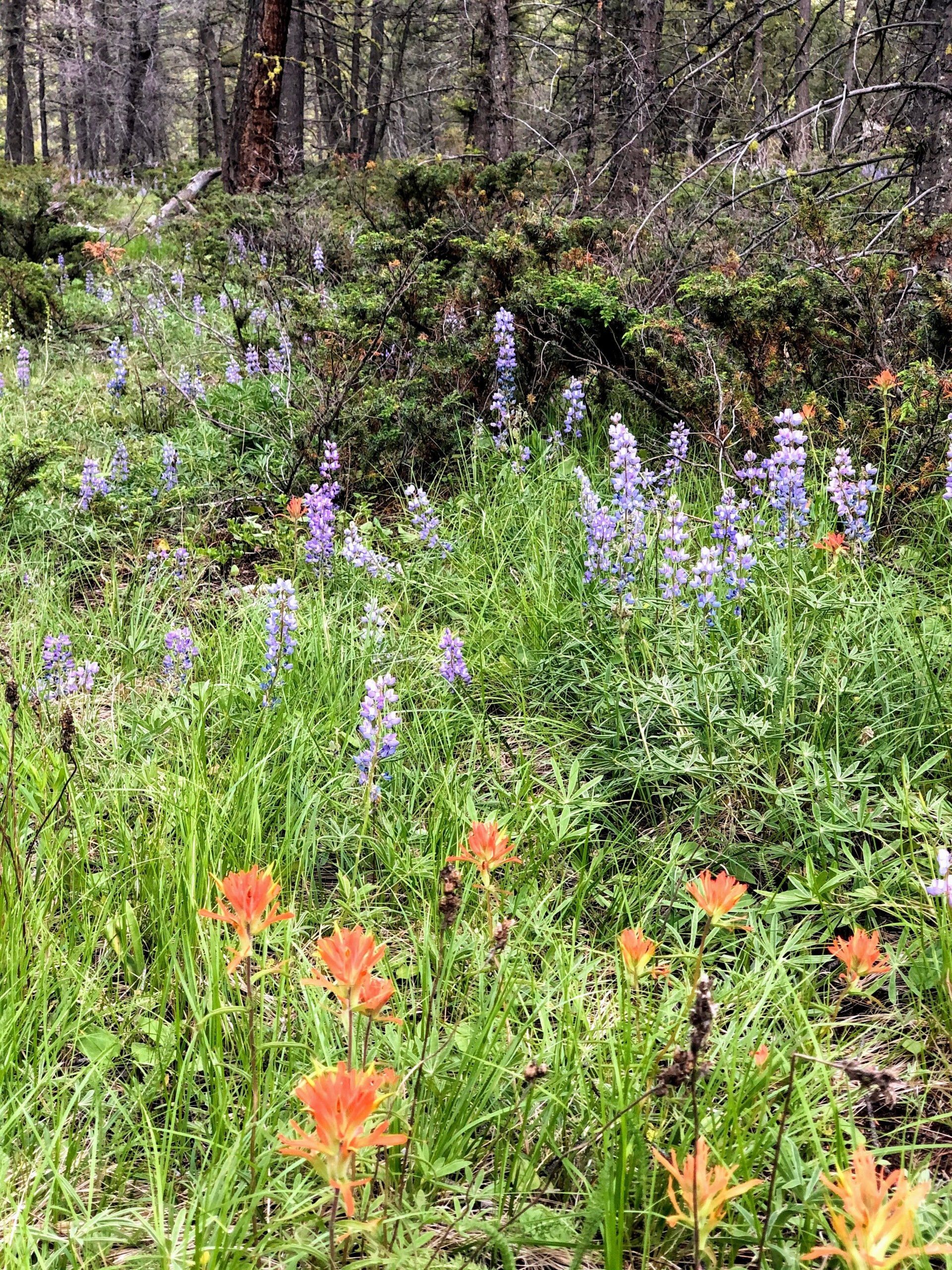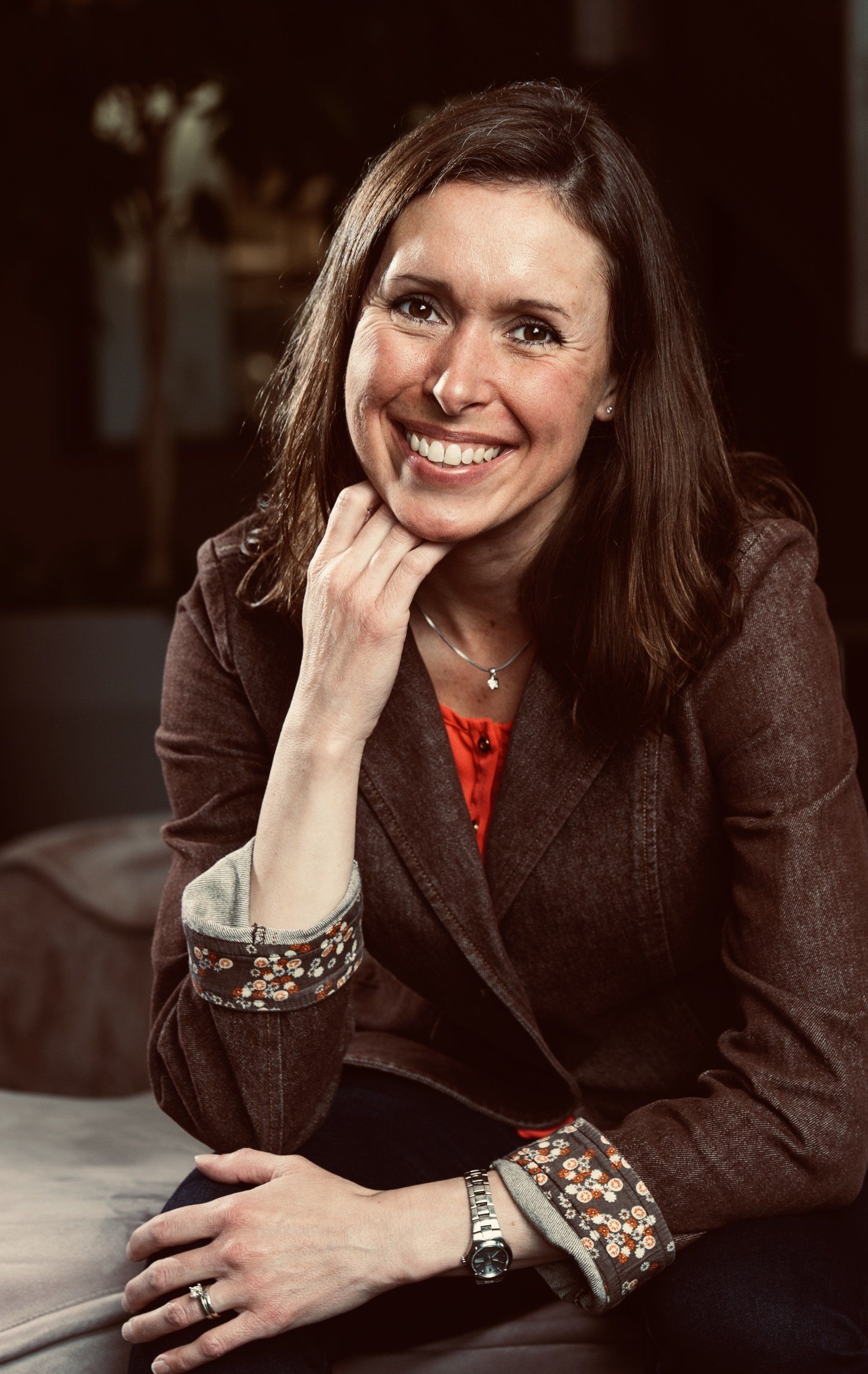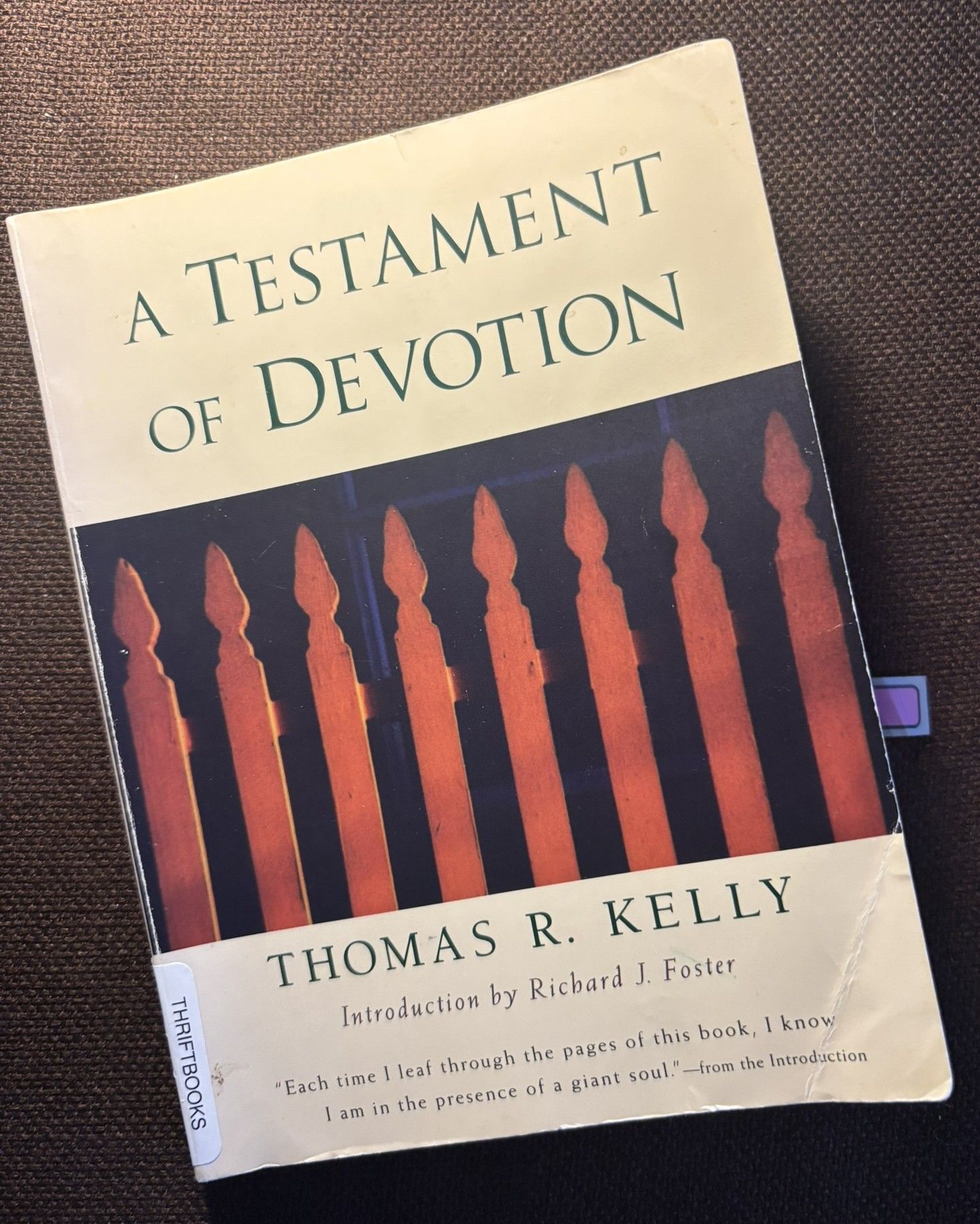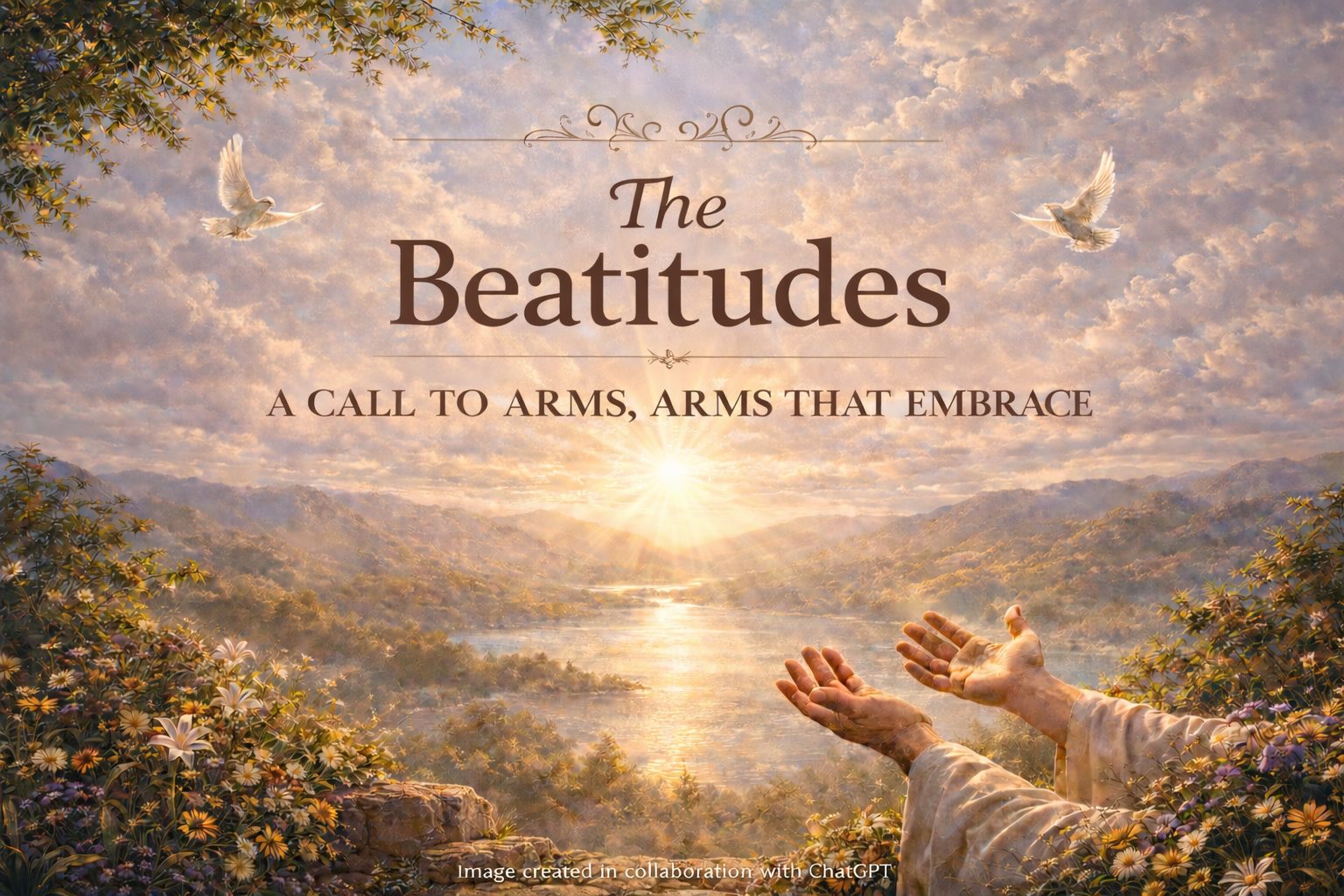Wildflowers and Profound Leadership
"What draws us to the leaders we see as profound?"

Photo by Heidi K. Scott,
Taken off the Pioneer Mountains Scenic Byway in the Beaverhead-Deerlodge National Forest
As a child, my parents would drive our family north from Western Massachusetts and into the White Mountains for camping adventures. I clearly remember my mother offering more than once to pull the car over on the side of the highway to dig up wildflowers and bring them home to plant. Now, today, I am a mom walking in the Montana forests, seeking wildflowers, capturing moments and photos --marveling at the outstanding beauty. What is it about these blatant beauties signaling their color that stands out among the rest? What draws us to the outstanding oranges and poignant purples rising out of a sea of green and golden grasses?
These questions encourage me to ponder our ideas of profound leadership. What draws us to the leaders we see as profound? Do we simply pass by those who are not? How does that orange flower grow among the others; yet rise to the capacity of a profound leader? What is it in the profound leader’s character that allows them to stand out from all the rest? How does one become a profound leader?
As part of my doctoral program at the University of Idaho in Adult, Organizational Learning, and Leadership we explore leadership areas including profound leadership and leaders’ well-being. Through this research, my appreciation for the complexities of leadership continues to grow. Progressing from our initial published literature review on Profound Leadership, Drs. Laura Holyoke, Davin Carr-Chellman, Michael Kroth and fellow Doc students Leslie Hammes, George Watson and I pursue a qualitative research study. Through this study we seek to further understand the concept of profound leadership, aiming to shine the sunlight on those leaders who self-transcend, are thoughtful, reflective, and innovative; those leaders who maintain humanity, listen and hear, embody humility, embrace curiosity, remain self-aware, display integrity, continue to learn, exemplify wisdom – and still manage to get real work done.
Whether we ponder upon wildflowers or as Katie suggested – stop to smell the roses, let us continue to ask what makes a profound leader? Do we desire to see those who lead us as profound? Do we need profound leaders in our midst? How can we create environments that allow profound leaders to flourish? May it help to add a little extra sunlight, nurturing, and care? How may we cultivate the soil for those future profound leaders to grow? How can we encourage the flowering leader to stand strong and embrace this integrated leadership style, embodying service and performance, kindness and execution? Can these qualities often seen at the ends of a continuum, instead become integrated and find balance? I believe so.
Heidi K. Scott is a doctoral student with the University of Idaho, with years of professional work experience, striving to be a lifelong learner. She loves spending time with her family, exploring the outdoors, and seeking new challenges. Born and raised in New England, she appreciates her heritage and is grateful for new explorations in the West.












